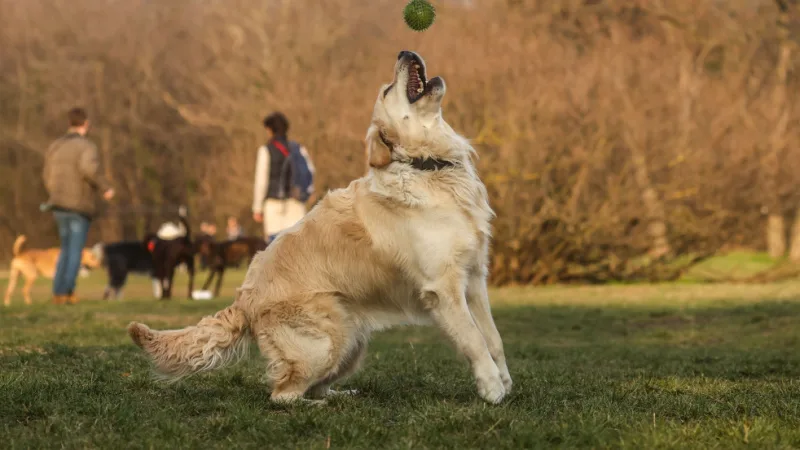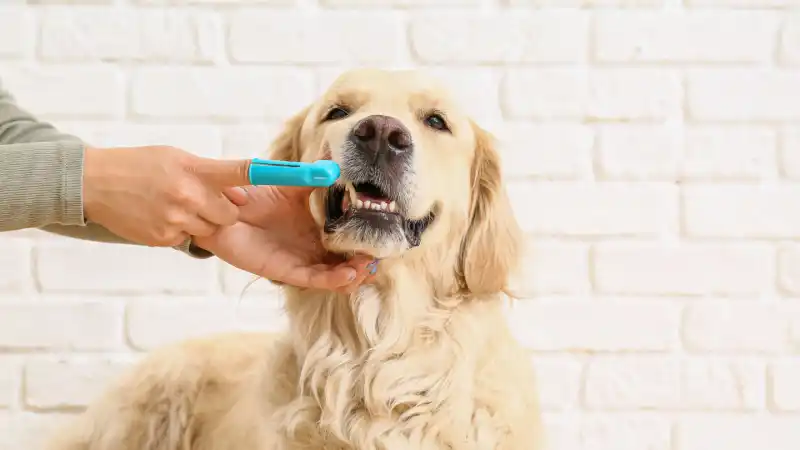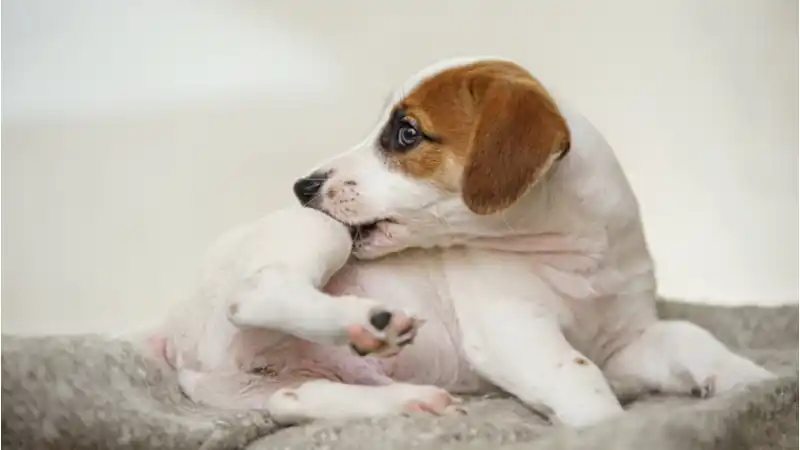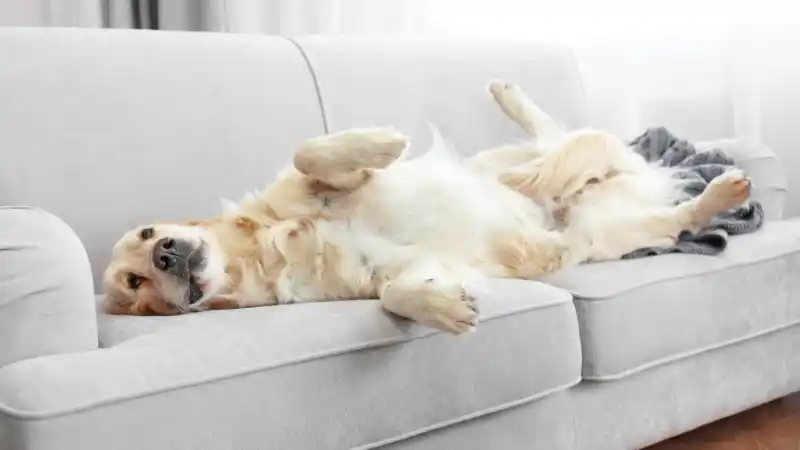How Picking Up Dog Poop Prevents Infection
Picking up dog poop isn't just for keeping up appearances... it can help prevent parasitic infection. Here are the types of parasites transmitted through feces.

As dog owners, we all have a responsibility to pick up our dog’s waste and put it in the trash. We’ve all seen it left behind while taking our dogs for walks or in the park. I’ve even seen it on the beach!
Yes, it is gross, has a foul odor, and is not on anybody’s list of favorite things to do. But leaving it on the ground is bad for everyone. Not only could it end up on somebody’s shoes (which is just wrong), but it could spread infectious diseases to other dogs and people.
Dog Poop Spreads Disease!
There are many zoonotic parasites (diseases that are spread from animals to people) that infected dogs pass in their stool. Some examples are roundworms, whipworms, hookworms, and giardia. Parvovirus is not zoonotic, but is a frequent viral pathogen spread by dog feces and infected puppies. Most of these lead to diarrhea in dogs, which increases the spread, as there are more frequent bowel movements and more feces is widely dispersed compared to normal stool.
Types of Parasites Spread by Poop
In humans, when roundworm eggs are accidently ingested, a larvae will eventually develop and begin to migrate through the liver, lungs, and other organs. In rare cases, they can even migrate to the eyes and lead to blindness. In dogs, roundworms can cause diarrhea, vomiting, and weight loss.
Hookworms, as the name implies, attach and damage the lining of the intestines. This can lead to blood loss, anemia, and diarrhea in dogs and people. Most infections in people happen when walking barefoot in contaminated soil. In this case, larvae penetrate the skin, and then migrate under the skin, leaving itchy red tracks.
Whipworm infections cause diarrhea in both dogs and people. In children, those with large amounts of the worm in their body can become anemic and have their growth stunted. Most infections occur when there is contact with infected soil. The CDC estimates that around 604-795 million people worldwide are infected with whipworm.
Giardiaalso causes diarrhea in humans and pets. It can be found in soil, on surfaces, food, and in water that was contaminated by an infected human or animal.
One common example of how dogs and people may accidently ingest contaminated fecal matter at the park is a game of fetch. Picture this: you are casually enjoying a summer afternoon by taking your dog to the park and tossing the ball around. Unbeknownst to you, the ball rolled over a pile of poop the was covered by grass. Your pup picks up the ball with their mouth, and drops it at your feet. You pick it up and toss it again, not knowing that you have roundworm eggs on your hand and that your dog just ingested them. Gross and dangerous!
Parasite Prevention
The best way to prevent the spread of zoonotic parasites is to pick up your dog’s poop. If you are grossed out: wear a mask and a glove when using your poop bags. At this point, we all have plenty of masks! If you are around the house, you can use many different types of pooper scoopers to minimize contact and smell.
Another way to help prevent the spread is to keep your pet on monthly parasite prevention. There are numerous anthelmintics (medicines that kill parasites) that can be given to your dog. Many are paired with heartworm prevention as well.
It is best to discuss prevention with your veterinarian, so that they can pinpoint which parasites your dog is at risk for in your area and then select an appropriate preventative. Annual fecal tests through your veterinarian are also important in preventing the spread, as are regular deworming of puppies and young dogs, since they are more commonly infected than older animals.
Do Your Part
Prevention for people starts with picking up the poop as well. Cleaner parks and streets mean poop is less likely to end up on your shoe or on your pet’s ball. Keeping pets on leashes keeps them out of areas where children play. Washing your hands and making sure your children regularly do as well will also help prevent contamination.
So, do your part, pick up your dog’s poop, and put it in the trash… and bonus points for those that pick up poop left behind by other owners. You don’t get credit for just picking it up and leaving the plastic bag behind. Bagged poop is still poop left on the ground. Not only will you be a responsible pet owner, but you will help prevent the spread of zoonotic diseases.
AKC Pet Insurance (underwritten by Independence American Insurance Company) offers optional Wellness Coverage* that provides reimbursement for blood, fecal, and parasite examinations. This coverage is not subject to waiting periods, coinsurance, deductible, or annual limit, and can be added to base Accident and Illness plans.
If you want to learn more about Wellness Coverage or get a pet insurance quote, click here or give us a call at 866-725-2747.
* Not available in all states. Coverage is offered at an additional cost.
Dr. Preston Turano graduated from the University of Illinois College of Veterinary Medicine in 2002. Since that time, he has been a Veterinarian, Medical Director, and Practice Owner.
READ MORE ARTICLES

